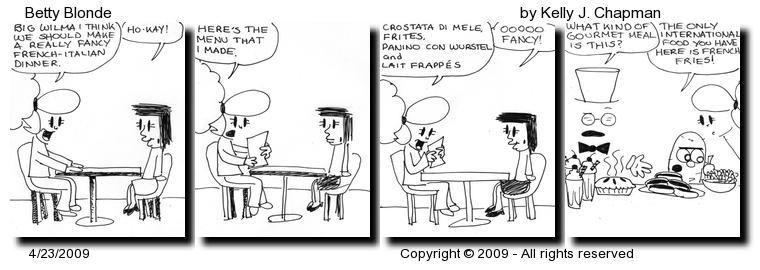I have a cousin who is a government school teacher in Nevada. She is very, very good at her job as is attested by the scores of her students on national normed standardized tests both in terms of the scores themselves and the improvement from previous years. We regularly talk about a lot of things on the phone, but every conversation eventually makes its way around to education. The best of both homeschoolers and and traditional schoolers is that they maintain focus on education. I certainly believe that our country is in big trouble because of the state of our public school system.
That being said, I think the problem is bigger than the education system. The reason the education system is in trouble is that our culture as a whole is in trouble. The reason the schools are failing is because the students, teachers, parents and administrators are all a product of a culture on the move toward secular humanism and paganism, even in the church. Still, there are people out there fighting the good fight to educate our children. We should cherish them. They have to deal with things in the classroom that are way outside the venue of teaching.
My cousin in Nevada has a great blog called Roll Call Tales. If you want to read a great blog by a teacher who is giving it her all down in the trenches, this is a great one. She blasted out a rant there yesterday titled Pray for Teachers that is well worth reading. You should read the whole thing, but here is an excerpt.
Pray for teachers. Please. In one corner we are talking to the child whose mother may have ended her life with pills when she was three and she “doesn’t even know what she liked.” In another corner we are working with a student who has every excuse in the world to not do a thing and a parent that backs him up. Then he wants the grade adjusted because effort doesn’t always equal ability. The bully that is learning to bully from home? It has to be from home right? The quiet one in the corner that you have to beg to speak. The English-Language learner that looks at you in panic every time you call on them. Please don’t call on them. The student that is obsessed with food. The student isn’t malnourished and you can’t figure it out. Until you find out the cupboards are locked at home and food is taken out of their hands and eaten by the parents. The student that cries whenever the teacher has to leave because being left in the classroom with the “scary” sub just fills them with anxiety and they can’t even think. The student whose eyes fill with panic when you say the word “test” or “writing” and you have to find a way to reassure them they can do this. Just getting words on a page that make “sense” is the most amazing accomplishment. The students whose eyes sometime sparkle and sometimes look so flat and dead and not there, You are chilled wondering what put that look there.
She wins some and she losses some, but she keeps on fighting the fight. It is worth it.

